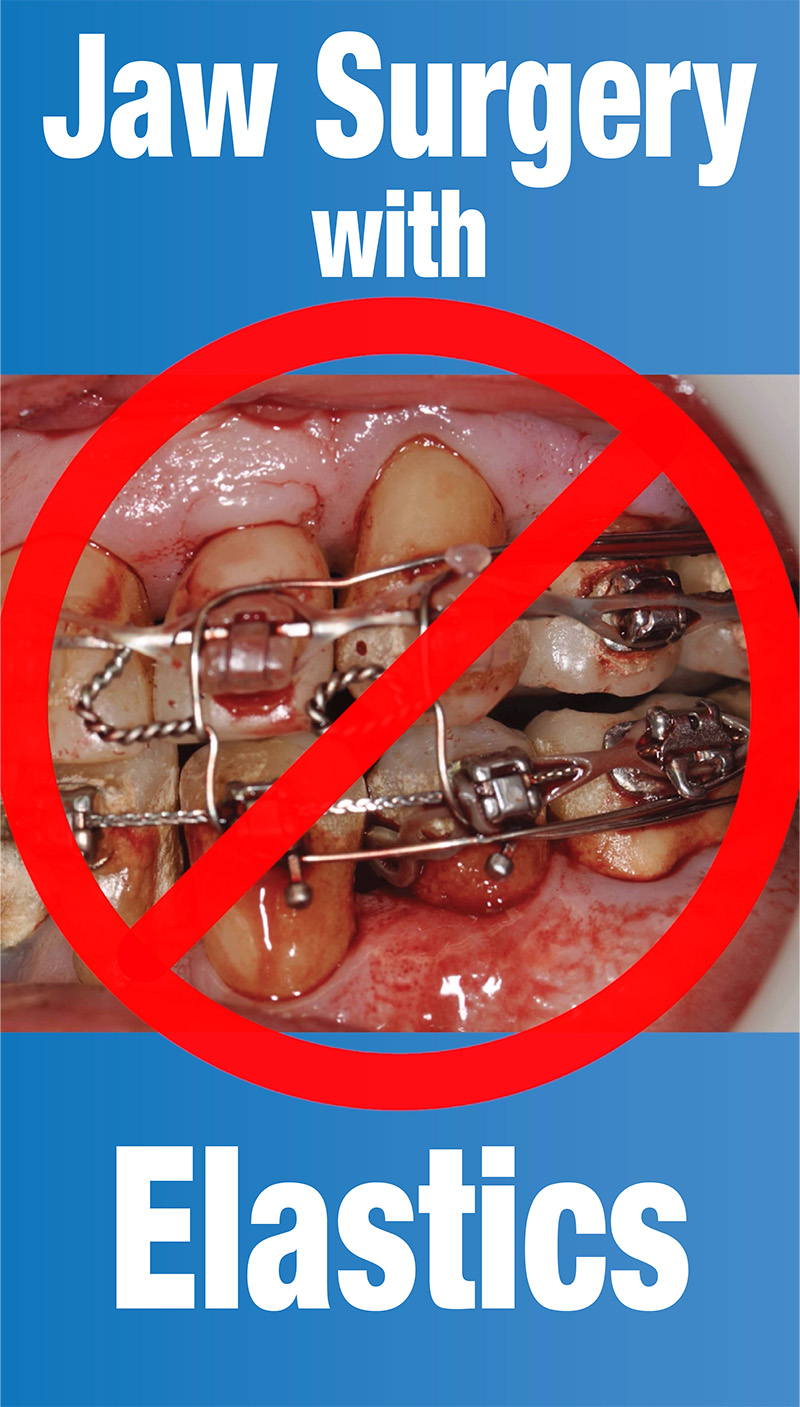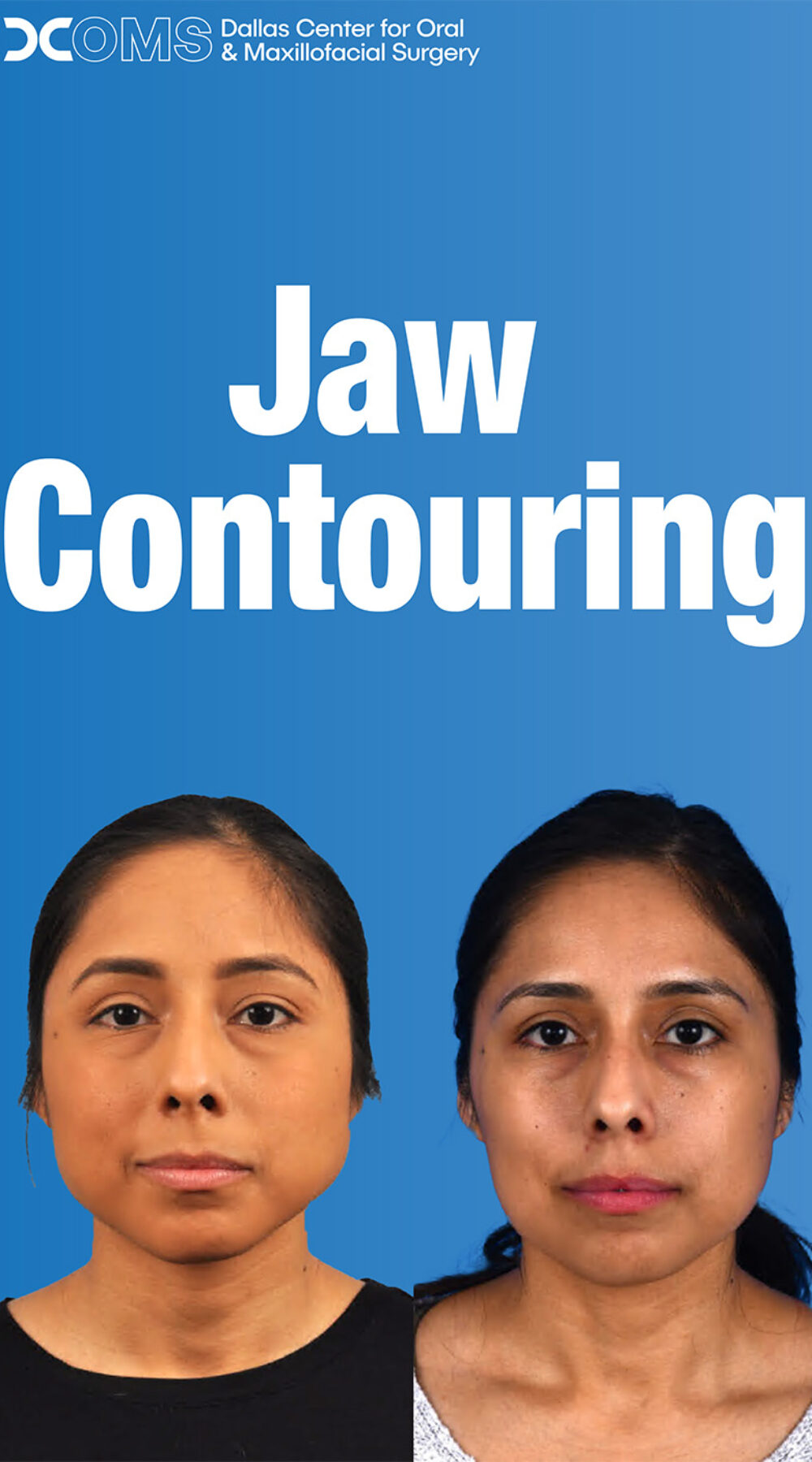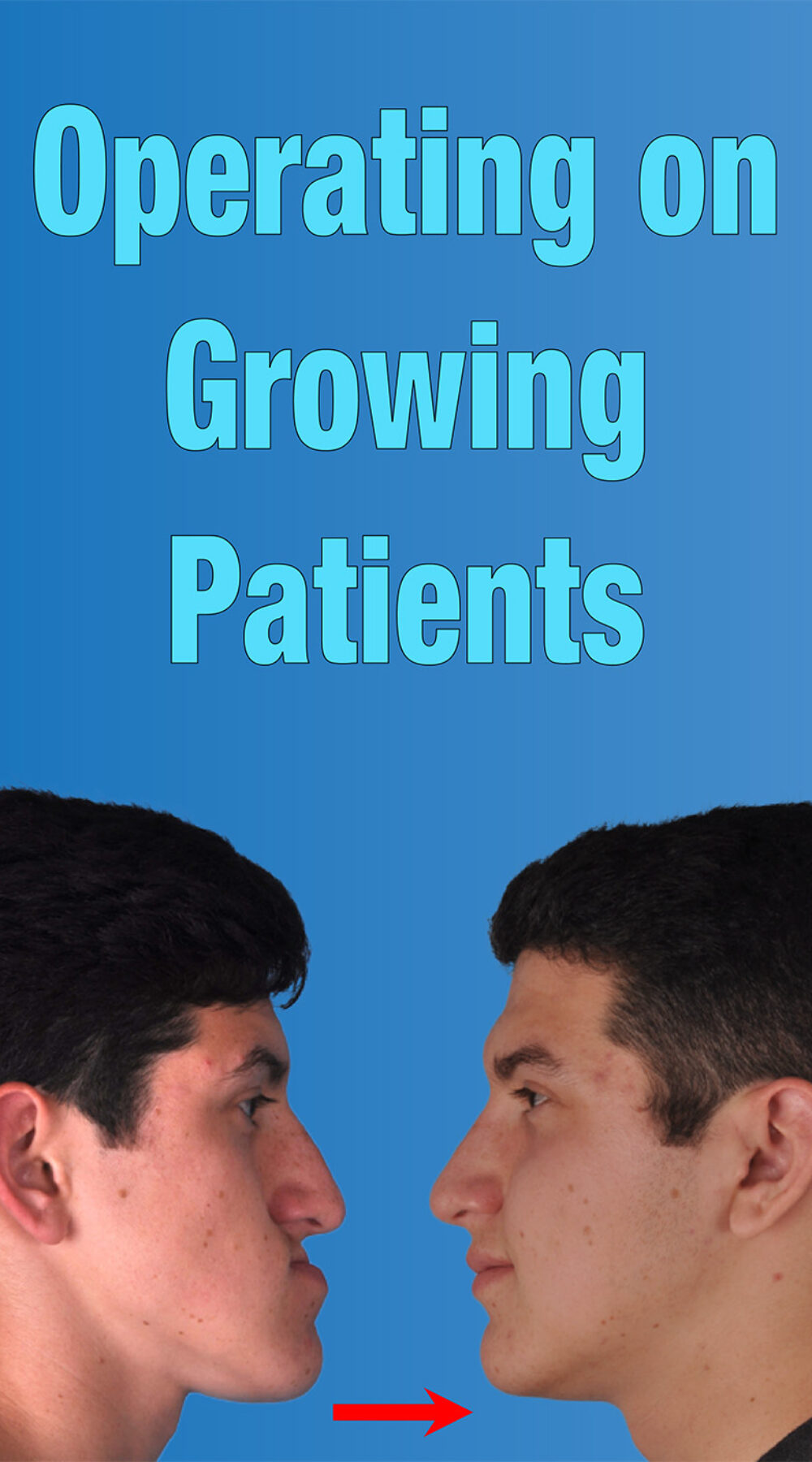Dallas Center for Oral & Maxillofacial Surgery
Jaw Surgery
Here at Dallas Center for Oral & Maxillofacial Surgery, we have expert maxillofacial surgeons who perform orthognathic surgery and other forms of oral surgery with the best results possible in the Dallas and Plano area. Call today and discover why DCOMS is the fastest growing Dallas jaw surgery practice, with a specific focus on DFW sleep apnea treatment, in the metroplex.
Jaw surgery, otherwise known as orthognathic surgery, is a corrective dental procedure that’s conducted to rectify jaw defects.
Jaw defects may be present at birth or may develop over time. In some cases, traumatic injuries can require corrective jaw surgery. No matter the cause, we are qualified and committed to providing you with the best treatment for your diagnosis. At DCOMS in Plano, we can guarantee you a Dallas jaw surgery experience with unmatched patient care and expert precision.
-
Orthognathic surgery is a major surgical procedure that’s conducted in a fully-fledged surgery center. We have a very well-equipped surgery center for performing the procedure when need be. The procedure is performed under general anesthesia. That means you will be completely unconscious while the procedure is being performed.
There are various methods of performing the procedure. The main method is where our maxillofacial surgeon separates your jaw into segments, to move it into place. This method is called segmentalism. The surgeon could also opt for the single-piece method, where the jaw is moved with minimal or no segmentation. This is often done when the jaw does not have to be moved too far.
Our surgeon will pull back your cheeks to access the inside of your mouth, although he/she might have to make incisions of the cheeks while trying the lower jaw. The complexity of the procedure depends on how far the jaw has to be moved. Most of the incisions are done inside your mouth though. Outside incisions are done when they are necessary.
While working on the front of the upper jaw, our maxillofacial surgeon might have to cut the upper lip as well. The incision is often made from inside the mouth, at the base of your nose. He/she lifts the gum tissue to access the upper jawbone, segment it, and move it into the right position. The jaw is then held in position using plates, screws, wires, and other devices.
While on your lower jaw, our surgeon will access the back of the jawbone by lifting the gum tissue along your wisdom teeth. He/she will segment the jawbone from this point, which allows it to be freely moved. They can then also be move and screwed into the right positions.
The segmentation procedure performed during orthognathic surgery has attracted many controversies. There is a common misconception that your jawbone is broken during the procedure. In most instances, the jawbone is rigid in the wrong position, and the segmentation has to be done to realign it. Learn more about recovery from the surgery.
Call Dallas Center for Oral & Maxillofacial Surgery at 972-733-0414 if you have any questions about orthognathic surgery. One of our specialists will be glad to answer them. Our aim is to help our patients rediscover their smiles and have perfect dental health.
-
Jaw surgery, also known as orthognathic surgery, serves as a crucial intervention for individuals grappling with sleep apnea, a disorder characterized by interrupted breathing during sleep. At Dallas Center for Oral & Maxillofacial Surgery, we understand the significance of addressing both mild and severe cases of sleep apnea through oral surgery techniques.
For mild cases, where the obstruction of the airway is primarily due to anatomical irregularities such as a small lower jaw or receded chin, jaw surgery offers a transformative solution. By repositioning the upper and/or lower jaw, orthognathic surgery enlarges the airway space, reducing the likelihood of airway collapse during sleep. This corrective procedure not only alleviates the symptoms of sleep apnea but also enhances overall respiratory function, promoting better sleep quality and daytime alertness.
In more severe instances of sleep apnea, where conservative treatments like CPAP (Continuous Positive Airway Pressure) therapy may prove inadequate, jaw surgery emerges as a viable option. By surgically repositioning the jaw, particularly the mandible, to a more forward position, orthognathic surgery effectively prevents airway collapse by increasing airway patency and reducing soft tissue obstruction. This comprehensive approach targets the root cause of sleep apnea, offering long-term relief and significantly improving patients’ quality of life.
At Dallas Center for Oral & Maxillofacial Surgery, our team of skilled surgeons employs state-of-the-art techniques and technology to customize treatment plans tailored to each patient’s unique needs. From thorough pre-operative assessments to post-operative care and follow-up, we are committed to delivering exceptional outcomes and ensuring patient satisfaction.
If you or a loved one struggles with sleep apnea, don’t hesitate to contact us at 972-733-0414. Our specialists are dedicated to providing compassionate care and helping you rediscover restful sleep and optimal health through advanced oral surgery interventions.

Patient Feedback
Read More Feedback >







